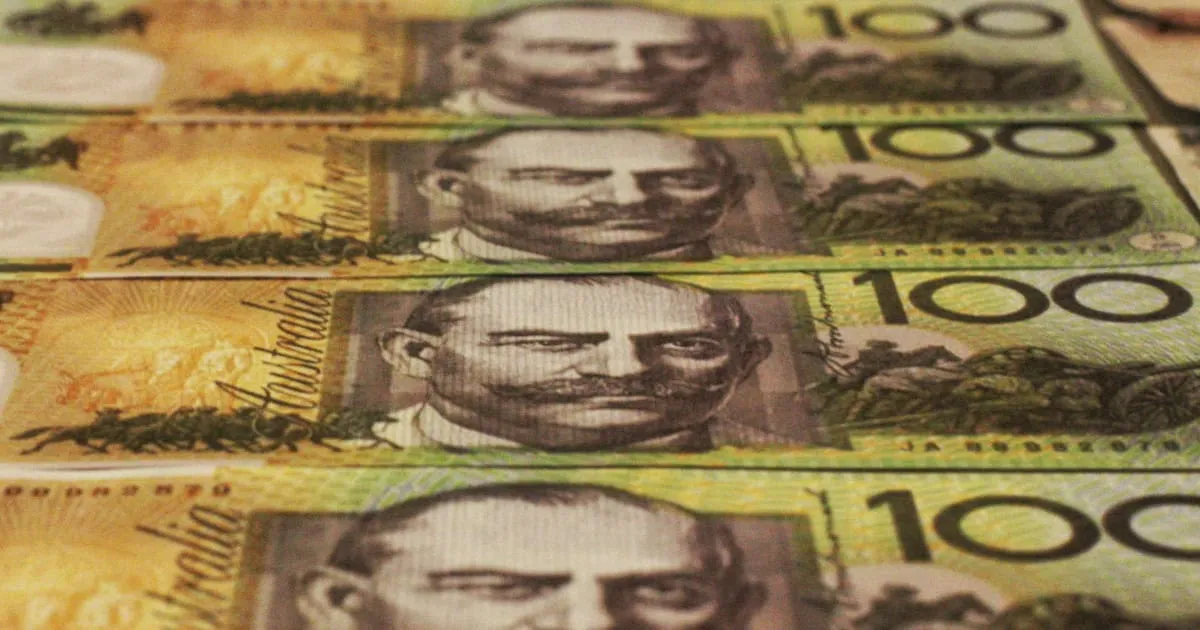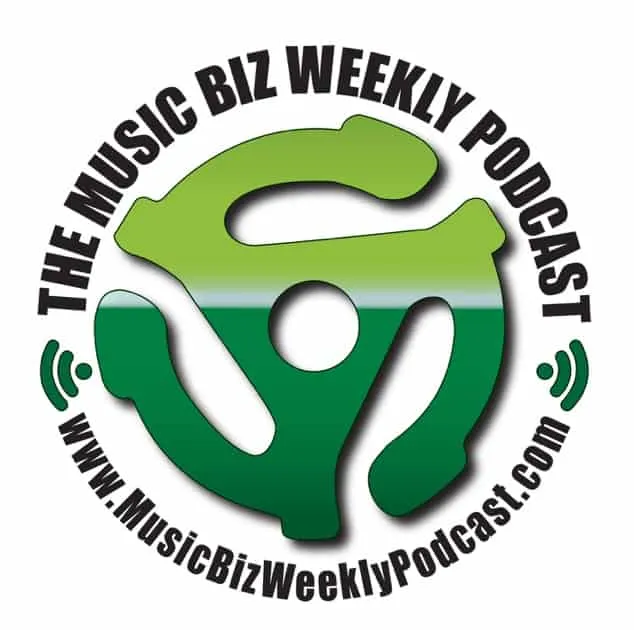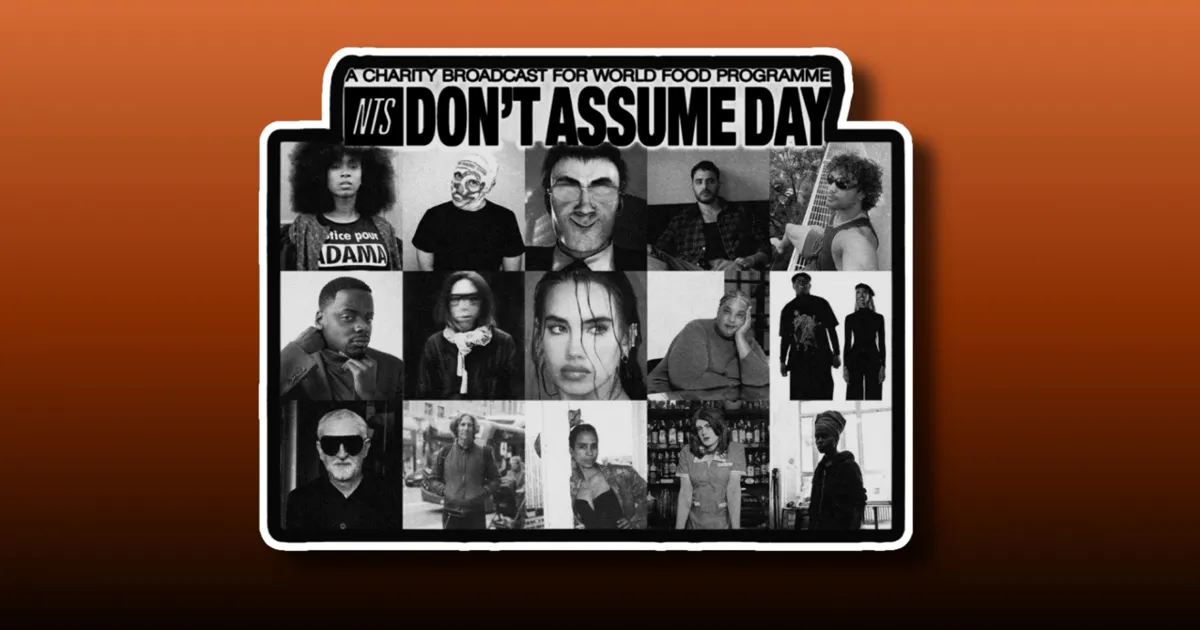Earlier this year Zoe Keating raised awareness of the peculiar reporting processes of ASCAP for performance royalties in live settings. Now TuneSat, a music detection tech company, is doing the same thing for television reporting. Claiming that a majority of uses of music on tv are not reported to Performing Rights Organizations and that those that are still rely on manual processes, TuneSat makes a strong case for artists investigating their services.
I spoke yesterday with TuneSat COO Chris Woods who filled me in on their story and how indie artists might best use their service. TuneSat, a music tech company founded in 2009, identifies uses of music in television broadcasts in the U.S. and a number of other countries as well as offering Web monitoring so that artists can attempt to claim their appropriate royalty payments or seek licensing agreements. Because neither ASCAP nor BMI will use TuneSat data and apparently still rely on user reports created manually to keep track of such music usage, artists owed money must pay both for TuneSat's services and then go the extra mile to get appropriate fees.
This peculiar situation is similar to the ASCAP process described by Zoe Keating for reporting concert performances of music by ASCAP-registered artists. Though some of the issues Keating describes are being remedied by ASCAP OnStage, reporting such performances will remain a manual process for the foreseeable future.
However, television is a medium where technology can play a larger role and TuneSat is attempting to provide the technical solution to this problem. Tunesat was founded by Scott Schreer, a noted composer who created music and theme songs for a wide range of tv shows. Schreer began working on audio id technology in the late 90s and Woods, also a composer, joined him in the early 2000s.
TuneSat monitors tv broadcasts not only for such obvious uses of clients' music as theme songs but for "dirty audio" in which music may be a part of a larger mix of sound. They update accounts every hour with the previous hour's data and post audio recordings of all the captured detection. Information includes date and time, show information and client metadata with additional filtering tools.
When a client receives a statement from a Performance Rights Organization (PRO) TuneSat runs it against their data for a full statement of unreported uses. This allows musicians to then take that evidence to the PRO and attempt to claim their full royalties. In addition, TuneSat monitors unlicensed uses so that musicians can attempt to seek licensing agreements from production companies, ad agencies and the like.
A recent statement from TuneSat pointed to their monitoring of tv use of music from FreePlay Music which was founded by Chris Woods. Ten years ago, in an earlier stage of development, they found that 85% of FreePlay Music usage was not reported. Last year they found that 90% was not reported.
Woods shared both TuneSat Detections for FreePlay Music in 2011 and ASCAP's Statement for that same period as evidence of their claims.
There's a bit of flak flying in the comments at Digital Music News and I wouldn't be surprised to see that happen here as well. Between covert operatives for business interests, people who believe they know but may or may not really know and folks that like to spout, almost all of whom remain unidentified, it will quickly become difficult to sort out the details of this situation for most indie artists without additional tech or legal resources.
However, there's a simple way for indie artists to evaluate TuneSat's claims, at least as they apply to their own music, and to also evaluate whether or not they're at a point in their visibility to use such services. As Woods pointed out, TuneSat recently began offering a free 30 day trial so that musicians can see if there's any use of their music on tv during that period while further investigating the service.
Woods also pointed out that pricing starts at $10 a month for 10 songs and that they have a rate calculator to figure out rates beyond that.
For more info on TuneSat please see their FAQ.
Hypebot Senior Contributor Clyde Smith (Twitter/App.net) blogs about music crowdfunding at Crowdfunding For Musicians (@CrowdfundingM). To suggest topics for Hypebot, contact:
clyde(at)fluxresearch(dot)com.




